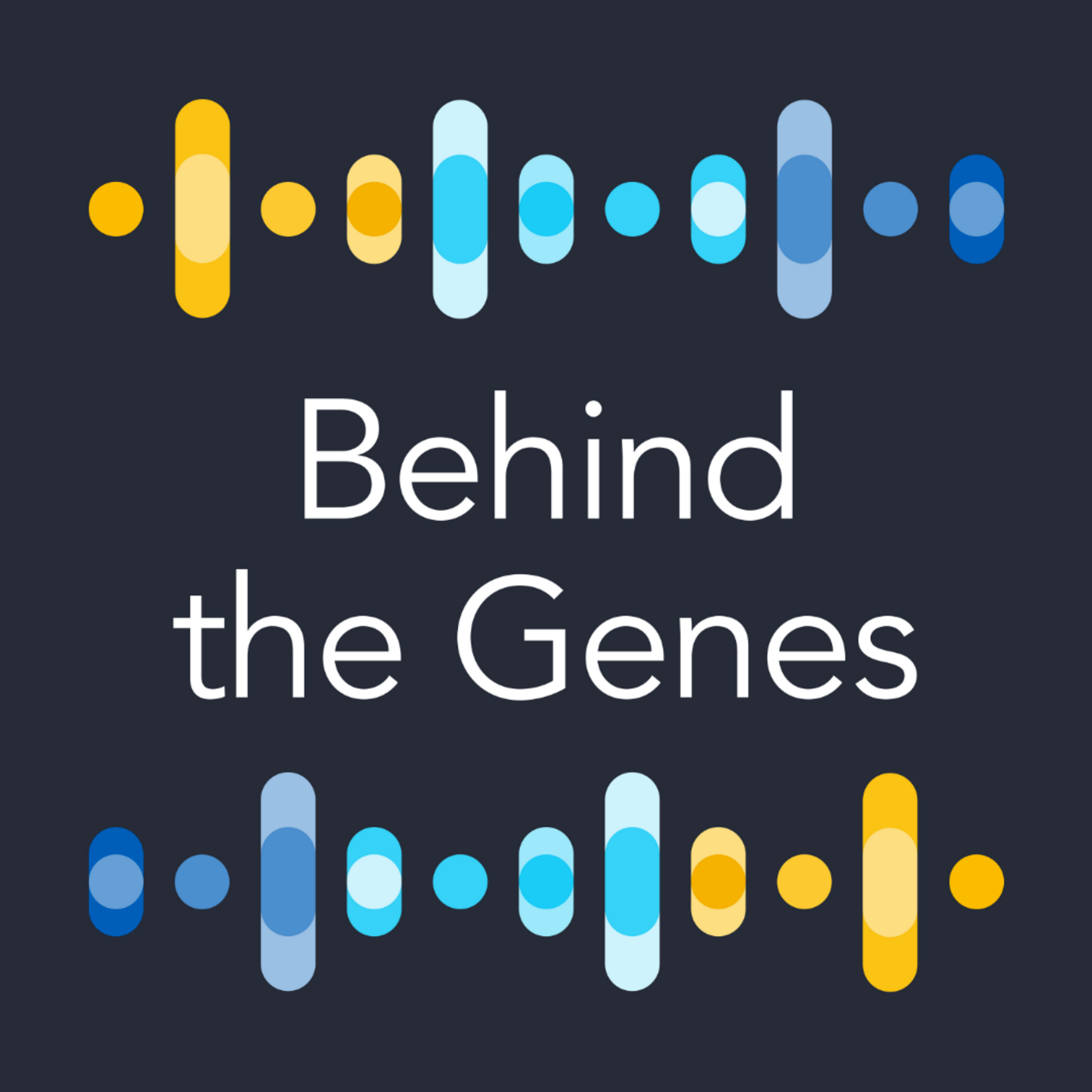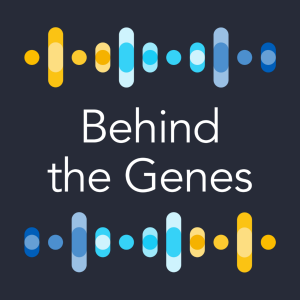
We are Genomics England and our vision is to create a world where everyone benefits from genomic healthcare. Introducing our refreshed podcast identity: Behind the Genes, previously known as The G Word. Join us every fortnight, where we cover everything from the latest in cutting-edge research to real-life stories from those affected by rare conditions and cancer. With thoughtful conversations, we take you behind the science. You can also tune in to our Genomics 101 explainer series which breaks down complex terms in under 10 minutes.
Episodes

Wednesday Sep 27, 2023
Dr Jack Bartram: Can genomics improve our understanding of childhood cancers?
Wednesday Sep 27, 2023
Wednesday Sep 27, 2023
In this episode of the G Word, Naimah Callachand, Head of Product Engagement and Growth at Genomics England, is joined by Dr Jack Bartram, consultant paediatric haematologist at Great Ormond Street Hospital (GOSH) for Children.
Dr Bartram leads on molecular diagnostics within the haematology department at GOSH and has expertise in minimal residual disease in acute lymphoblastic leukaemia. He is currently the clinical lead for haematological malignancy genomics in the NHSE North London genomic laboratory hub and has been responsible for the implementation of advanced genomics and whole genome sequencing into clinical practice at GOSH.
Approximately 2,000 children in the UK receive a childhood cancer diagnosis each year. However, childhood cancers account for a relatively small percentage (less than 1%) of all cancer diagnoses in the UK. This rarity has posed challenges in fully understanding the associated risk factors and underlying causes. In this podcast Dr Bartram discusses how genomics has emerged as a pivotal tool in enhancing our understanding, offering opportunities for precise diagnosis, personalised treatment, and improved screening methods for childhood cancer.
You can read the transcript here: Childhood-cancer-awareness.docx
"If I look back on and if I reflect on the last three years, we can probably accurately say for at least a quarter of patients it's [genomics] given us additional information, which has either aided in diagnosis or like I'd say to help re-stratify a patient or potentially reveal a target for a therapy that we didn't know of before."

No comments yet. Be the first to say something!